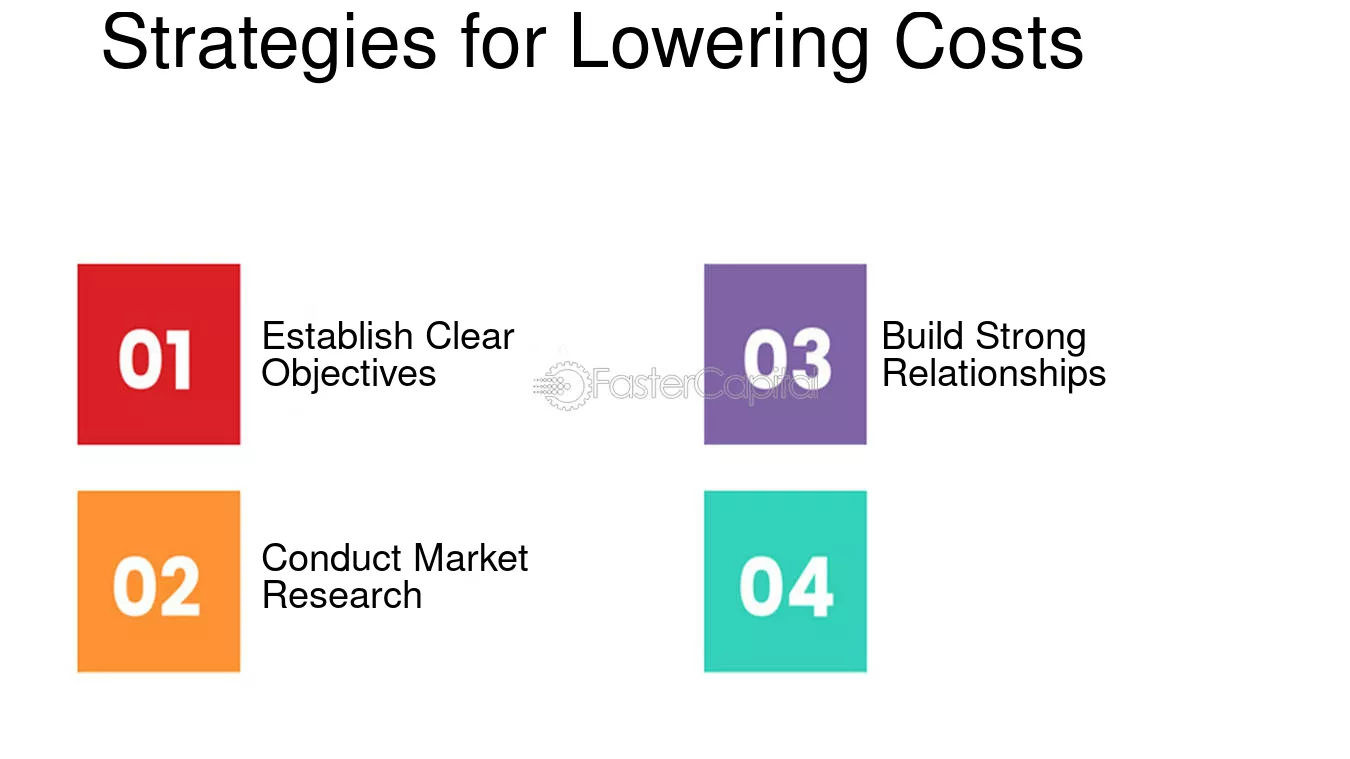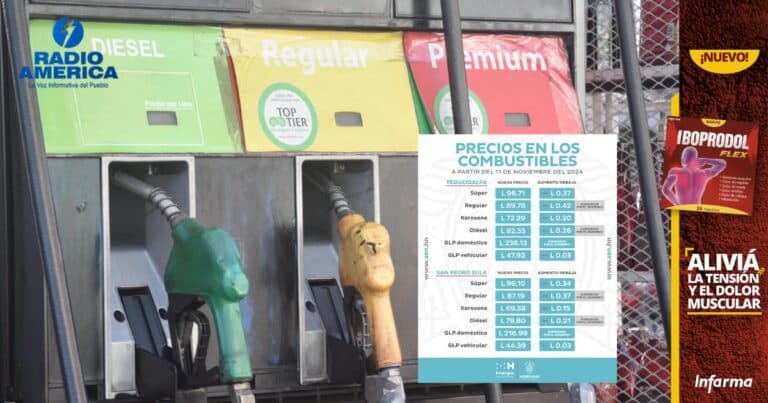Effective methods to minimize delivery logistics costs while maintaining service quality

In an increasingly competitive business environment, finding effective methods to minimize expenses in delivery logistics without sacrificing service quality has become an urgent necessity. Companies are constantly seeking to optimize their processes to achieve efficiency, reduce costs, and at the same time, meet customer expectations. In this context, various strategies are presented that allow for achieving a balance between economic savings and excellence in the service provided, thereby ensuring the success and sustainability of the business.
Delivery logistics is a critical component in the operation of any business that relies on the transportation of products. Minimizing expenses in this area without compromising service quality can be a challenge. This article explores effective methods that companies can implement to achieve a balance between profitability and customer satisfaction.
Delivery Route Optimization
One of the most effective strategies to reduce expenses in logistics is delivery route optimization. This involves analyzing the paths taken by vehicles to ensure they are the most efficient. Tools like Transportation Management Systems (TMS) can help plan routes that avoid traffic and minimize travel time, contributing to reducing fuel consumption and operational costs.
Use of Advanced Technologies
Incorporating advanced technologies such as data analysis software and telematics can facilitate route optimization. These technologies allow for real-time tracking of vehicles and analyzing delivery patterns, which can help make proactive adjustments to routes and schedules.
Improvements in Inventory Management
Good inventory management can also contribute to reducing logistics costs. Maintaining strict control over stock and forecasting demand allows for decreasing the risk of overstocking or stockouts. This ensures that deliveries are made more smoothly and avoids unnecessary expenses due to last-minute urgencies.
Implementation of Lean Logistics Practices
The implementation of lean logistics practices is an excellent way to optimize inventory management. This methodology seeks to eliminate waste in logistics processes, which translates into cost reduction and simultaneously improves customer service quality.
Preventive Maintenance of Vehicles
Regular preventive maintenance of the vehicle fleet is another important method to minimize expenses. Having vehicles in good condition ensures that deliveries are made on time and avoids costs associated with unexpected repairs that could interrupt the workflow.
Maintenance Planning
Developing a systematic maintenance program, based on usage hours and mileage, helps detect problems before they become significant failures. This not only reduces long-term costs but also improves the image of the service provided.
Training of Personnel
Investing in training of personnel responsible for deliveries and logistics management can result in significant expense reductions. Well-trained staff is more efficient and makes fewer mistakes, resulting in fewer returns, lower additional costs, and greater customer satisfaction.
Organizational Culture Focused on Efficiency
Fostering an organizational culture that values efficiency and commitment to quality can motivate employees to constantly seek ways to reduce expenses and improve the customer experience. This may include economic incentives or recognition from management.
Collaboration with Logistics Partners
Establishing strategic alliances with logistics partners can be crucial for minimizing expenses. These collaborations may include agreements with transport companies that can handle larger volumes at a lower cost or share logistical resources to optimize the use of infrastructure.
Benefits of Outsourcing
Outsourcing certain logistics processes can offer a cost-effective solution by allowing subject-matter experts to manage specific aspects, which not only reduces costs but also frees up internal resources to focus on the company’s core business.
Delivery logistics plays a fundamental role in customer satisfaction and profitability for companies. Therefore, it is crucial to find ways to optimize costs without sacrificing service quality. One of the most effective methods is the implementation of advanced technologies. The use of Transportation Management Systems (TMS) and tracking tools allows for improved efficiency, reducing delivery times and operational costs. These technological solutions facilitate better planning and execution of delivery routes, avoiding unnecessary expenses.
Additionally, it is important to promote collaboration with suppliers and carriers. Establishing strong relationships with these stakeholders can lead to more favorable negotiations and more economical shipping conditions. Consolidated delivery methods, where multiple shipments are grouped for a single delivery, can also be considered; this not only reduces costs but also decreases the carbon footprint.
The ongoing review of processes and the pursuit of continuous improvement is another effective strategy. Analyzing delivery performance and making adjustments based on data can help identify areas where expenses can be cut without compromising service. Staff training also plays an important role: well-trained employees are more efficient and make fewer mistakes, which translates into lower operational costs and better customer service.
A sustainability approach can also be implemented within logistics, using more efficient vehicles and practices that reduce resource consumption. This not only decreases long-term costs but also improves the company’s image.





